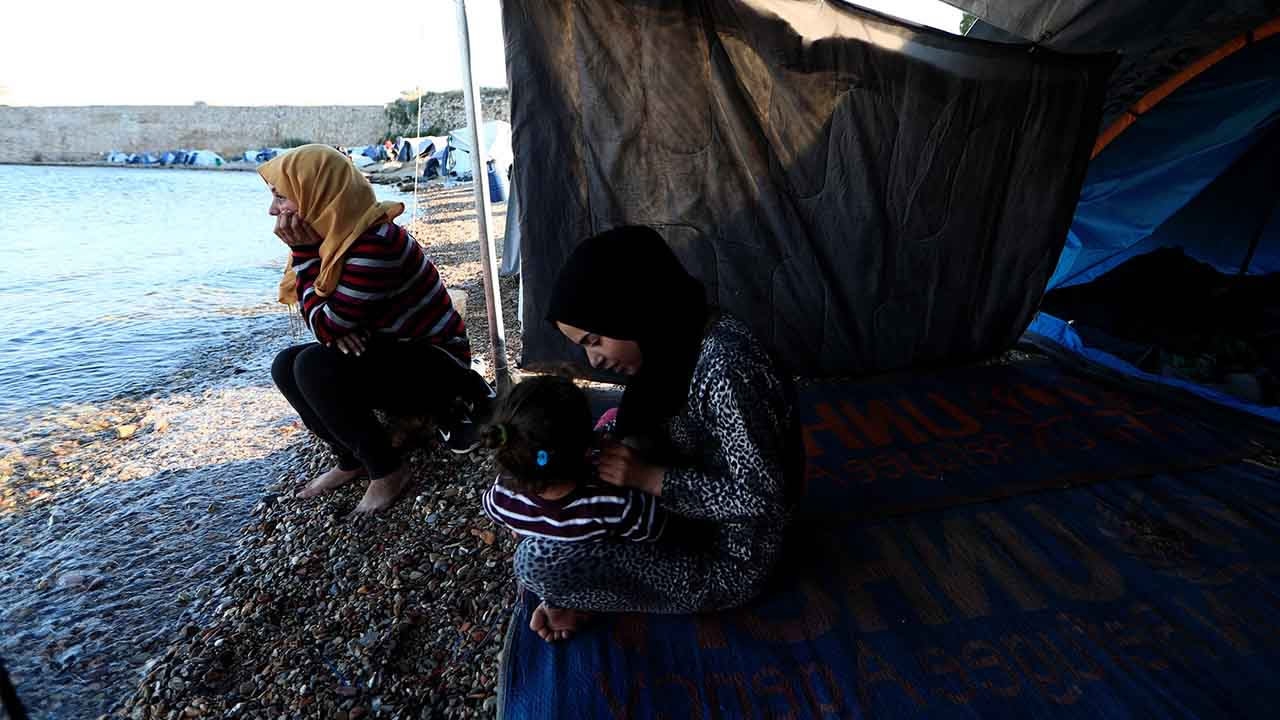
Politics
15:01, 20-Jun-2017
Greece struggles to integrate settled refugees

In recent years, tens of thousands of refugees have become trapped in Greece, which is still struggling to move on from an economic depression. As the peak of the refugee crisis appears to be over, many migrants have no choice but to settle in the Mediterranean nation.
Arrivals in Greece who were recently granted refugee status with the help of aid agencies, are now finding themselves largely on their own.
"Here in Greece, there’s a program until you are recognized as a refugee," says Ahmed Reza, an Afghan refugee who came with his family to escape from conflict in his homeland. "The money given by other European countries to Greece through the UN Refugee Agency, this money is used until refugees get their asylum. There’s nothing afterwards. No house, no job, no guarantees, no program.”
Like most asylum seekers, Ahmed’s family never planned to stay in Greece, and was trapped when borders were shut. In 2016, Afghans remained the second largest refugee group flooding Europe but were not eligible for the EU’s relocation program to legally move to another EU country.
Staying put was their only legal option. “We haven’t lost hope. Maybe one day, we’ll be able to leave from here,” says Reza.
Petros Mastakas, an associate protection officer at the UN Refugee Agency, says that most refugees in Greece are expected to deal with their own public applications, which can be difficult especially if they do not speak the language.
''Most of those people, if not all who get status and are freshly recognized, they don’t speak the language and have little to no information as to which state, authority are to be addressed. There we have the first important gap.”
The numbers of asylum seekers arriving in Greece dropped dramatically after Europe and Turkey signed a deal to limit the flow of refugees in March 2016.

SITEMAP
Copyright © 2018 CGTN. Beijing ICP prepared NO.16065310-3
Copyright © 2018 CGTN. Beijing ICP prepared NO.16065310-3